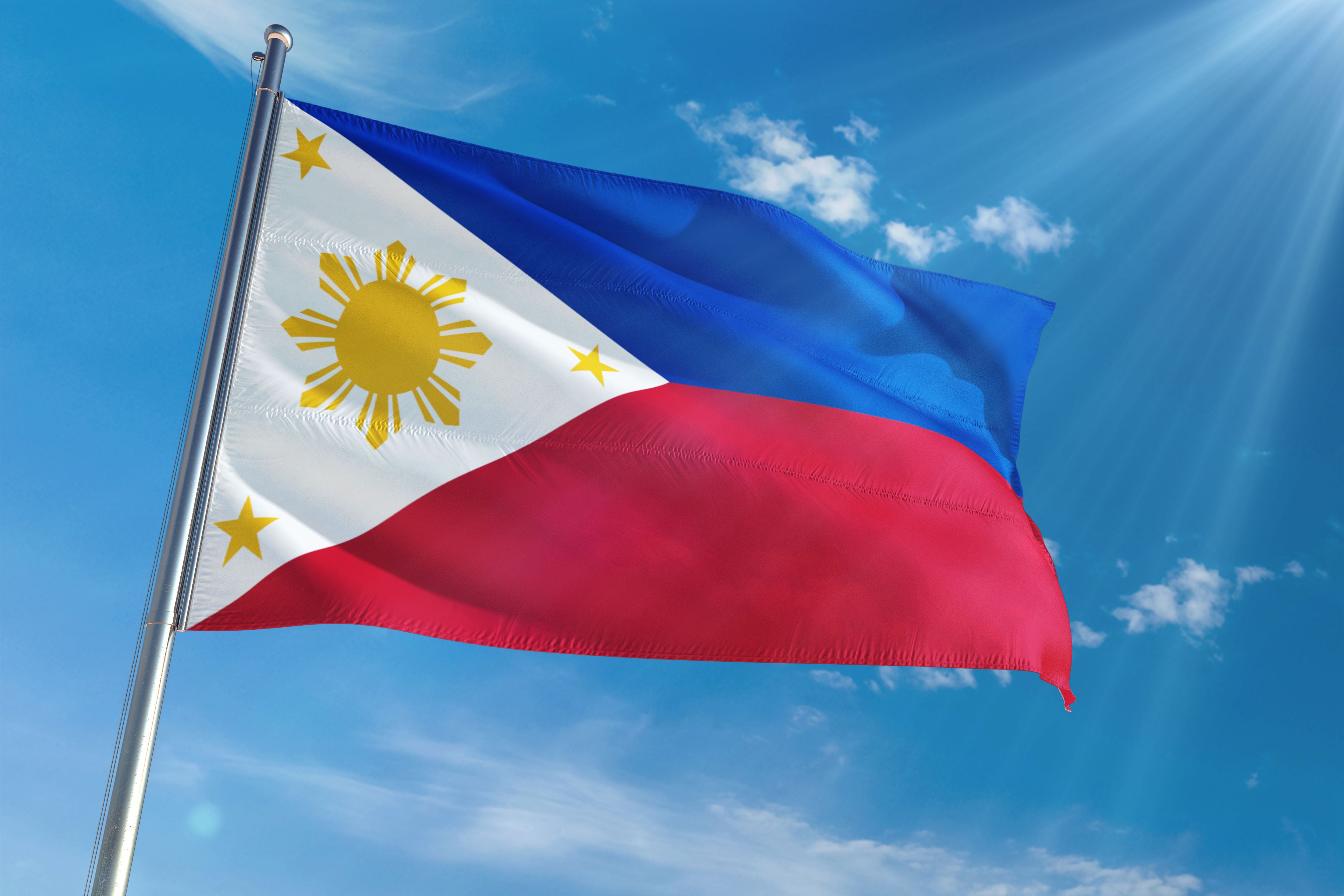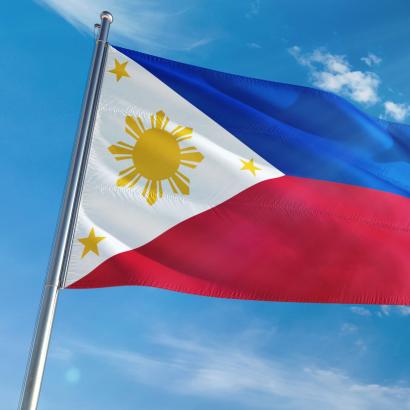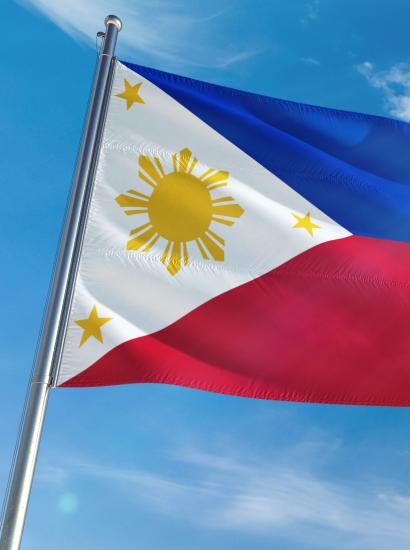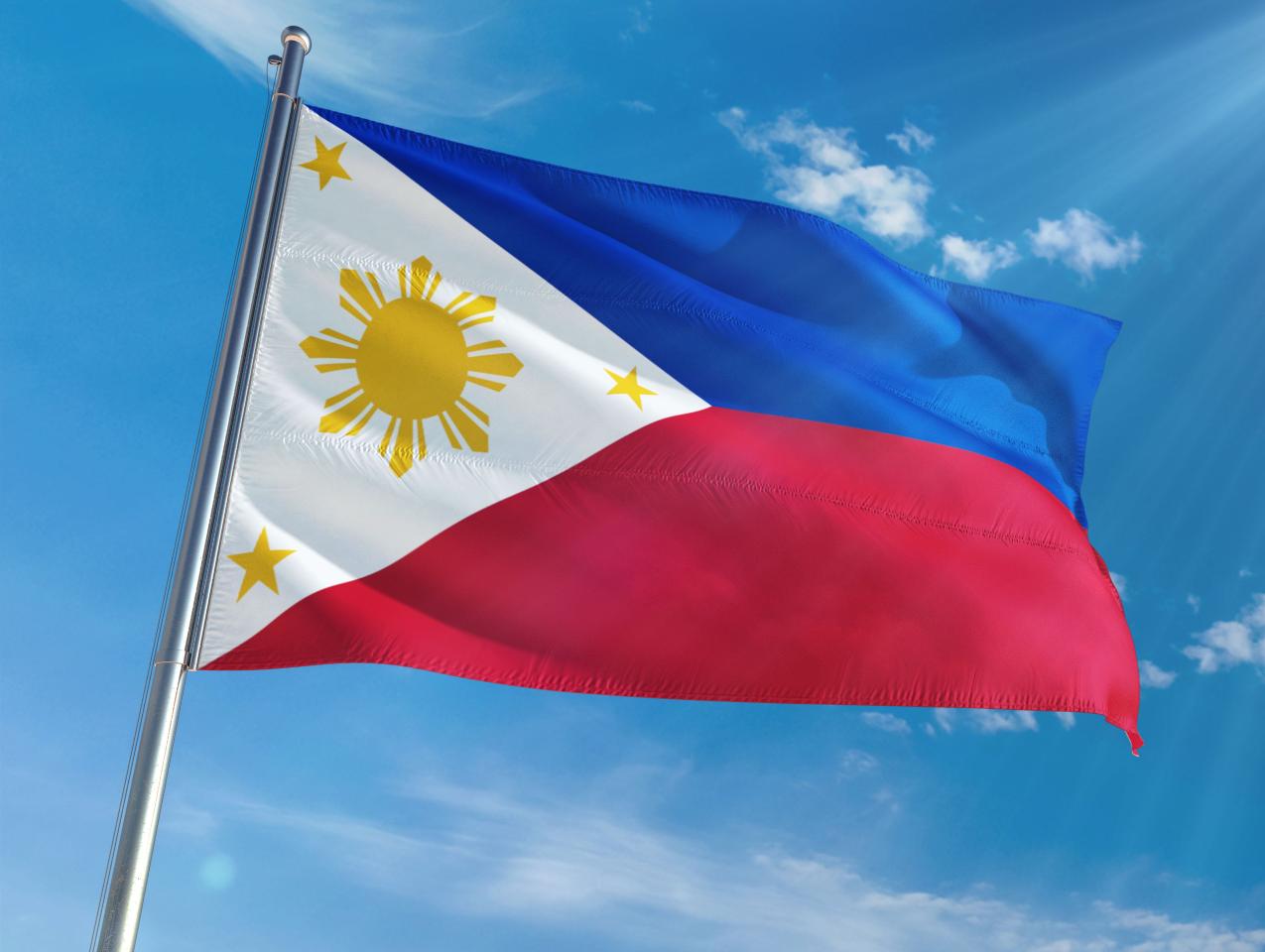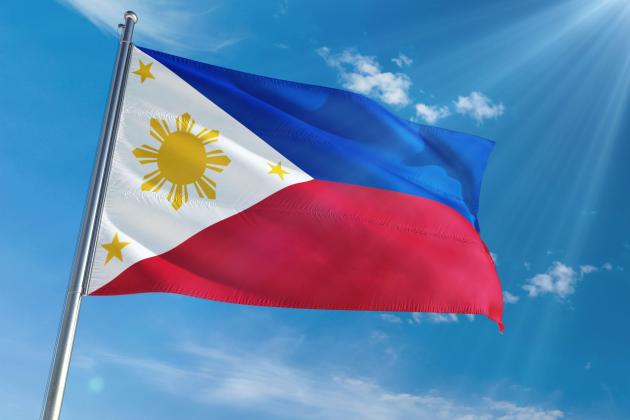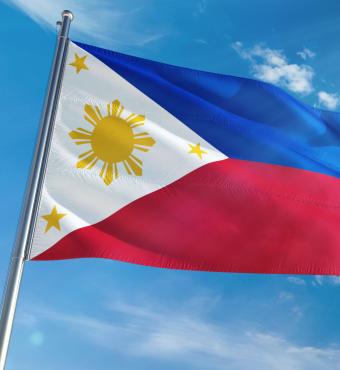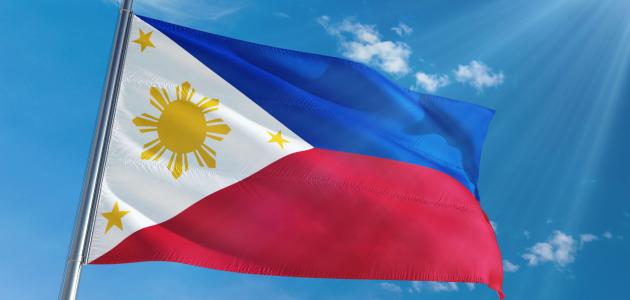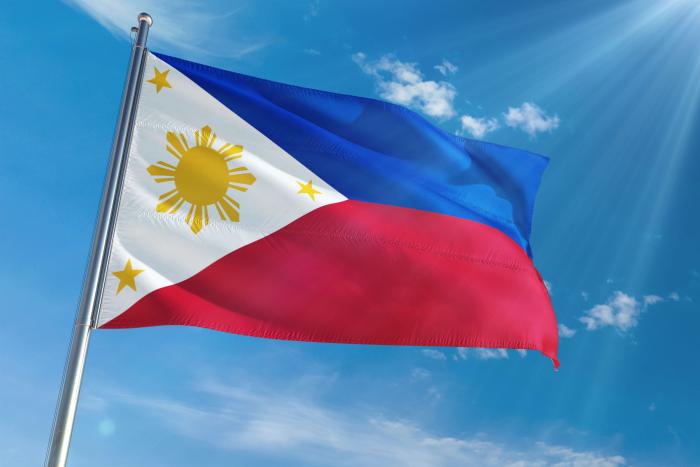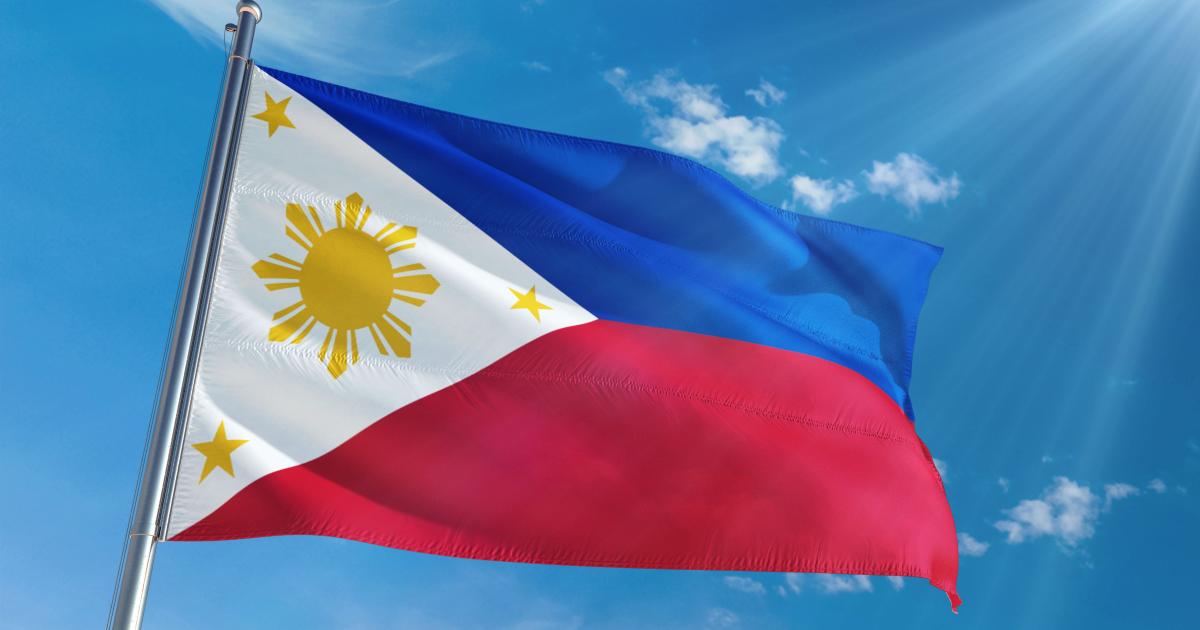- World
- Revitalizing History
This brief calls for reforming Philippine language governance to address linguistic inequality, brain drain, and cultural decline. It proposes a constitutional amendment enshrining language parity by recognizing all major Philippine languages as co-national, and legislative reforms—to strengthen the Komisyon sa Wikang Filipino and restore the Mother-Tongue Based Multilingual Education mandate—that aim to unify the nation, preserve cultural heritage, and sustain global competitiveness.
Key Takeaways
- English dominance is unsustainable. The Philippines’ historic overreliance on English for education and socioeconomic mobility fuels brain drain, undermines national cohesion, and accelerates the decline of indigenous languages.
- Cultural survival is at stake. Nearly 50 Philippine languages face endangerment, and without urgent policy reform, both cultural heritage and civic attachment to the nation risk irreversible loss.
- Constitutional reform is crucial. Amending the 1987 Philippine Constitution to enshrine linguistic parity would secure protections for all Philippine languages, anchoring nationhood in inclusivity rather than exclusion.
- Institutions need independence and support through legislation. Strengthening the fiscal and political independence of the Komisyon sa Wikang Filipino (Commission on the Filipino Language) and restoring the mandatory status of the Mother-Tongue Based Multilingual Education framework with sustainable funding, teacher training, and community participation is essential to effective policy execution.
- Language reform is nation building. By preserving diversity while sustaining English proficiency, the Philippines can transform language policy into a tool for civic unity, educational improvement, and turning brain drain into brain gain.
Reforming Philippine Language Governance: How Language Parity Can Revive Filipino Nationhood by Hoover Institution
Cite this report:
Mikhail Roshan Tupaz, “Reforming Philippine Language Governance: How Language Parity Can Revive Filipino Nationhood,” Hoover Institution, Hoover History Lab Policy Brief no. 2505, October 2025.







